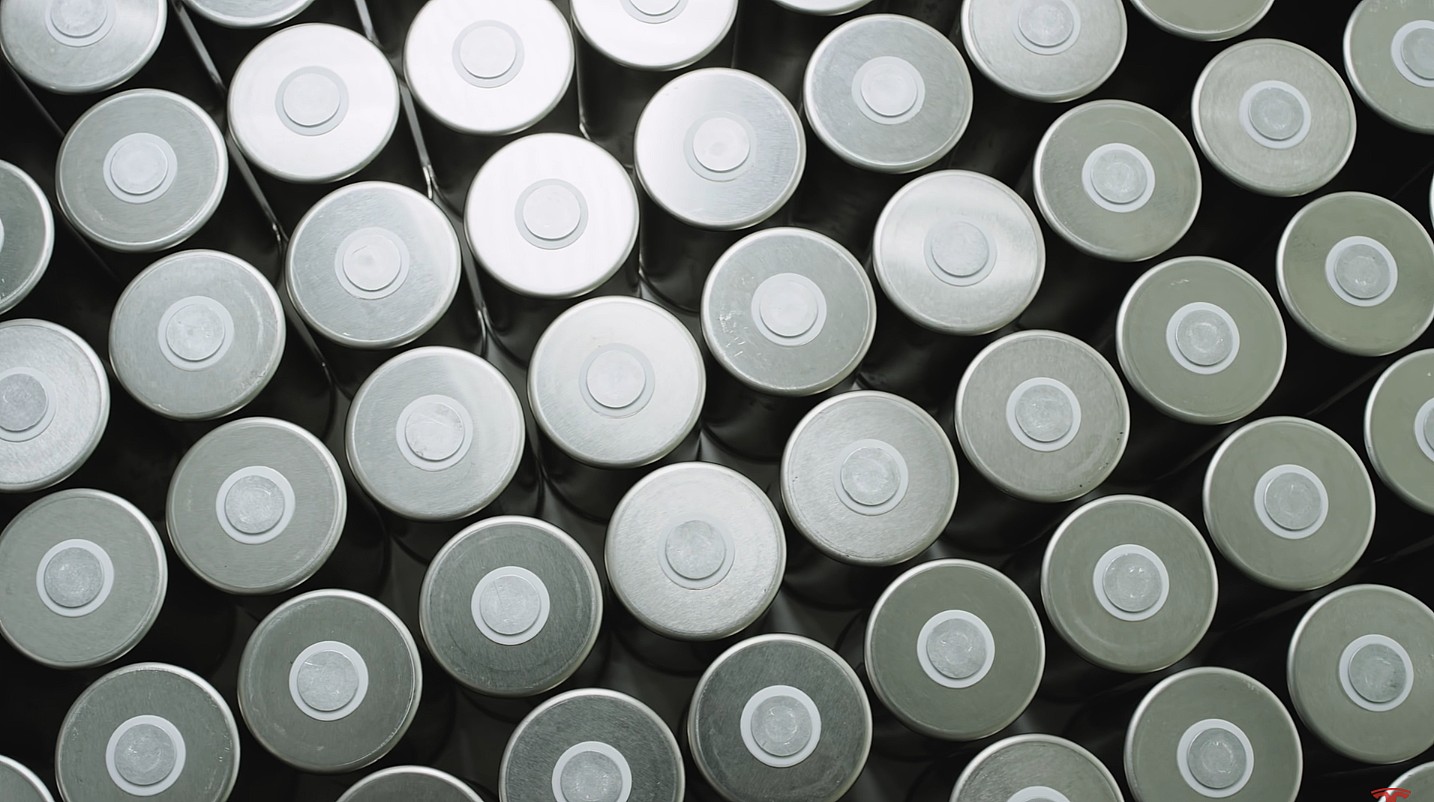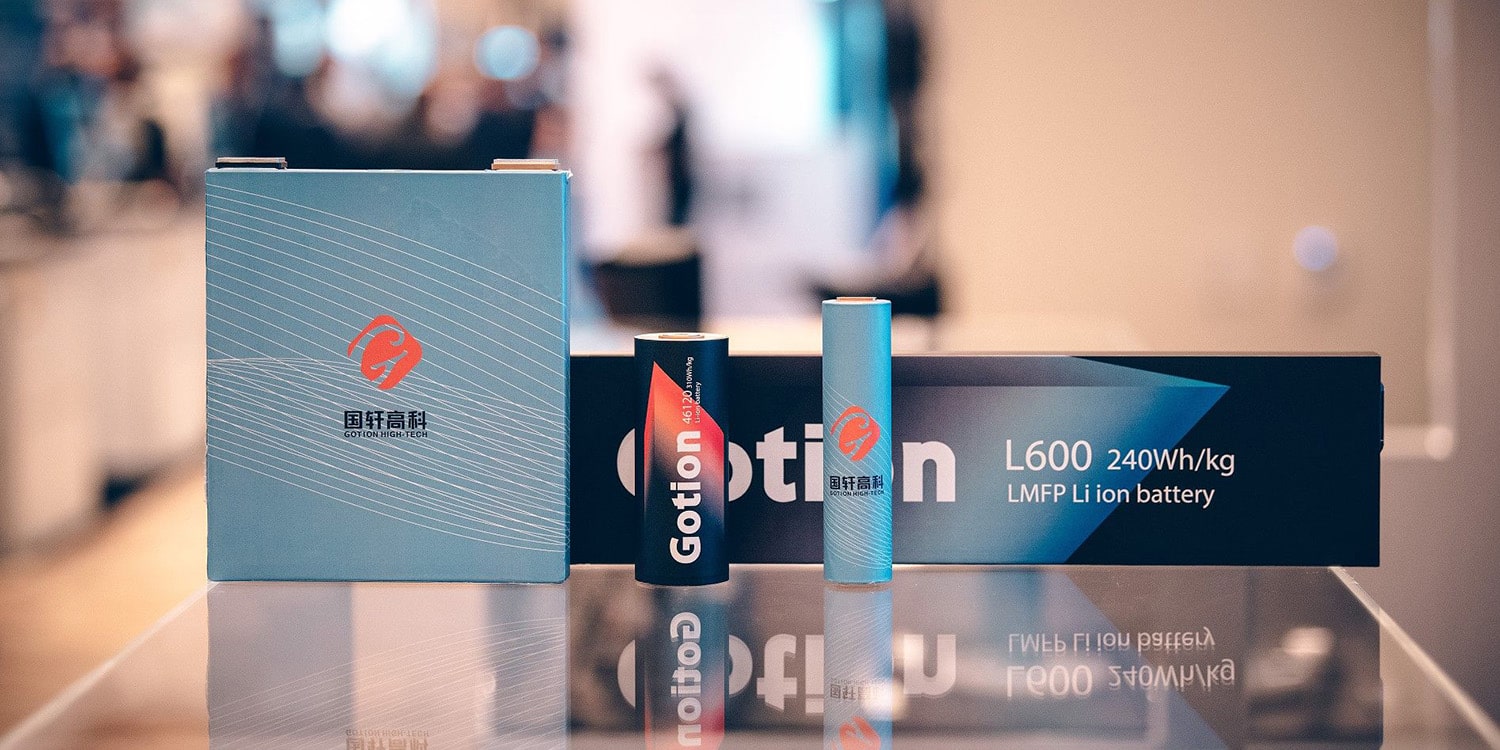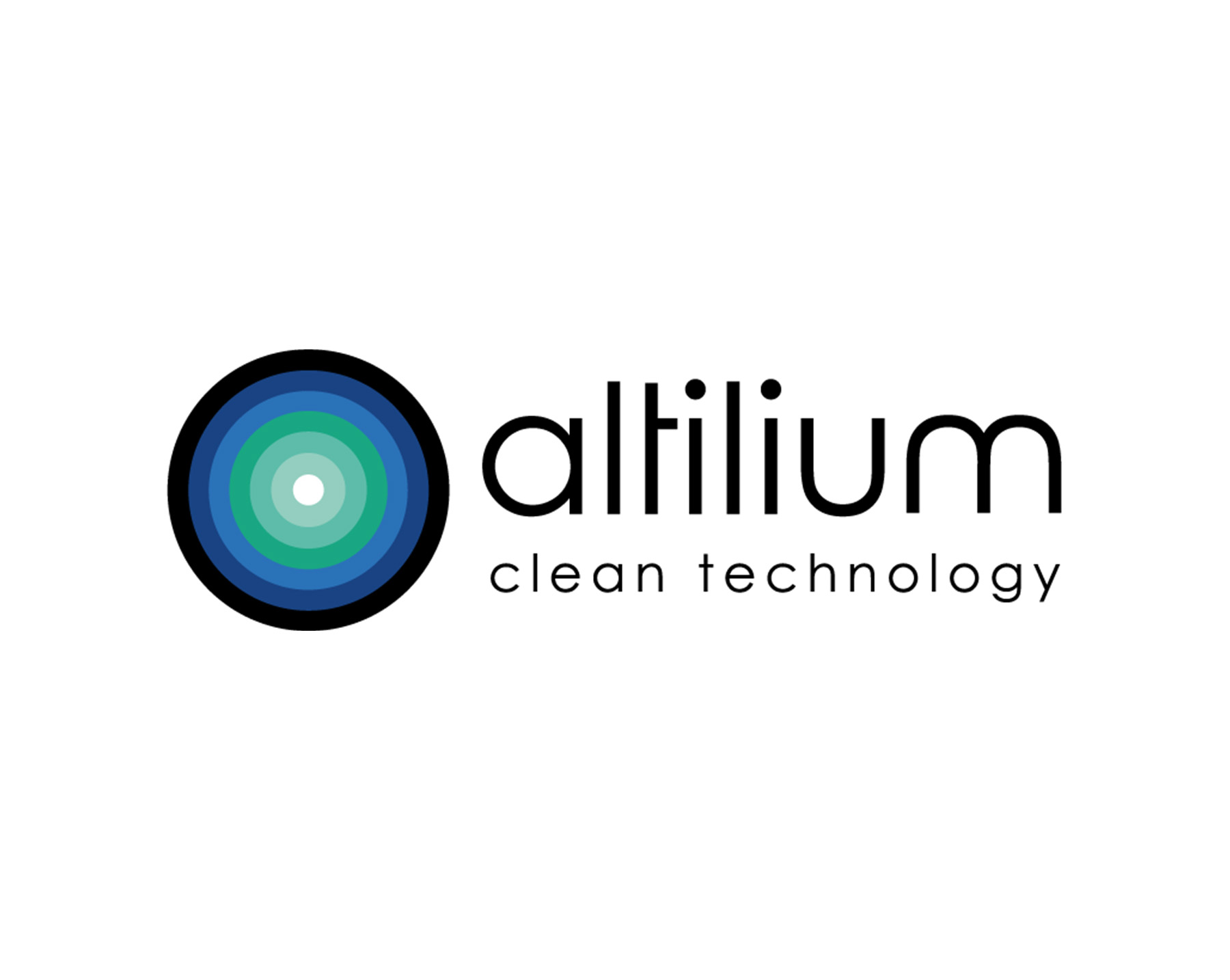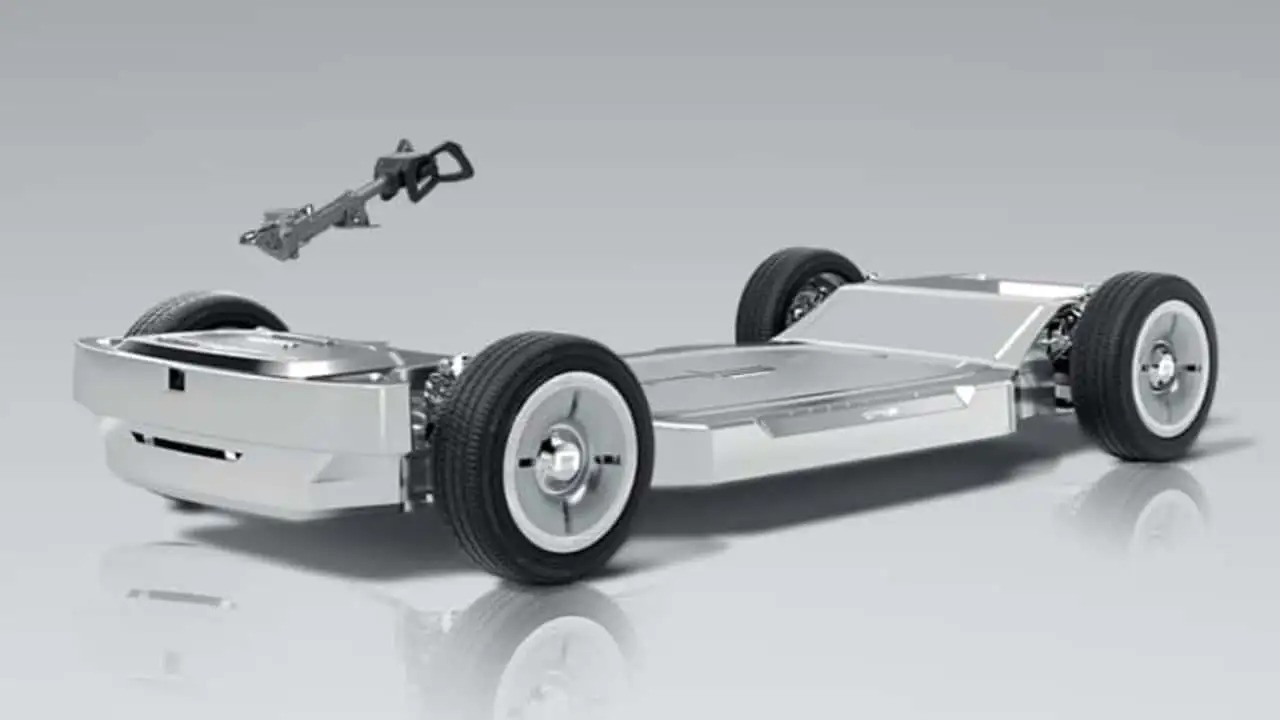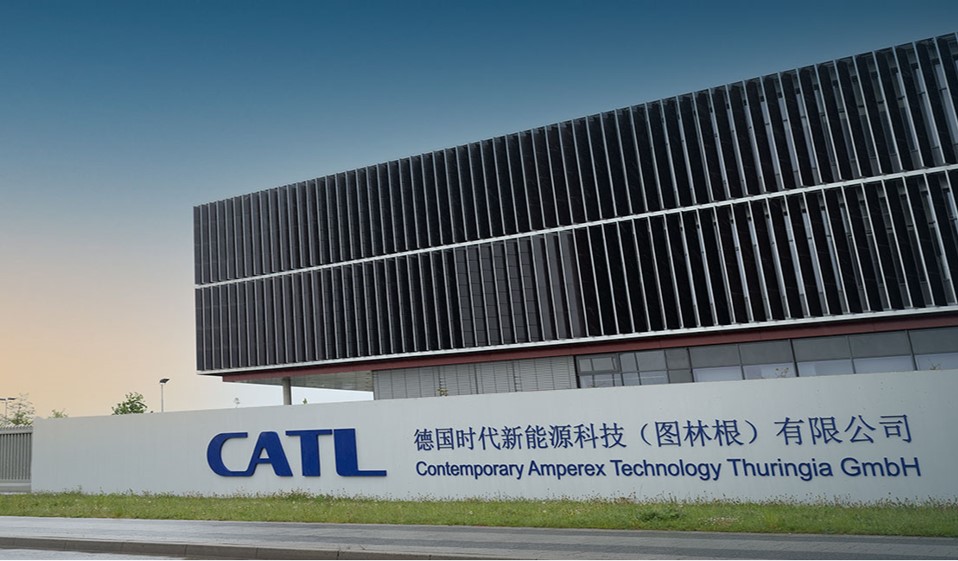The United States government is exploring the possibility of providing car manufacturers with a temporary exemption from recent regulations concerning battery materials sourced from abroad. The potential exemption aims to extend the eligibility of electric vehicles for the full tax credit of USD 7,500 beyond the initially planned duration.
The scrutiny revolves around regulations implemented in April 2023 by the US Treasury Department, specifically addressing materials for electric vehicles sourced internationally. Recent developments highlight that both US-based car manufacturers and foreign automakers producing in the US find it challenging to eliminate reliance on foreign materials, notably those from China.
Scott Sklar, President of clean energy technology firm The Stella Group, stated that discussions with Treasury officials have taken place to explore the feasibility of a transition period. Sklar emphasized that the US is poised to witness substantial battery capacity with 14 battery plants currently under construction in the country, although immediate readiness is not imminent.
As per the legislation introduced in April 2023, electric vehicles must not contain battery components from foreign companies after 2024 to qualify for the full subsidy. Additionally, critical minerals must not be extracted, processed, or recycled by foreign companies after 2025. Even for a partial tax credit of $3,750, 40% of the battery’s critical minerals must originate from the US or a country with a free trade agreement, with this threshold expected to increase gradually to 80% by 2027.
The current limited capacity of the battery industry in the US raises concerns that consumers may bear the brunt in the form of a missed premium, potentially impeding the transition to electric transport in the country. Discussions are underway, with Democratic Senator Debbie Stabenow confirming ongoing talks with representatives from the finance and energy ministries, expressing support for the concerns raised by car manufacturers.
The issue of Chinese materials and products in electric vehicles has gained political attention, with some US politicians considering it a potential leverage point against the shift away from fossil fuels. Senator Joe Manchin, known for his ties to fossil fuel companies, emphasized the need for adherence to the legislation and threatened legal action against the Biden administration if necessary.
This week, the US Treasury Department is expected to release guidelines outlining countries of origin for battery materials deemed questionable and determining the acceptable proportion of foreign battery materials. China, a significant player in battery production and processing, is likely to be a focal point in these guidelines, impacting US carmakers and consumers. Tesla has already indicated that the tax credit for its customers may face reductions next year under the rules introduced in April 2023.

